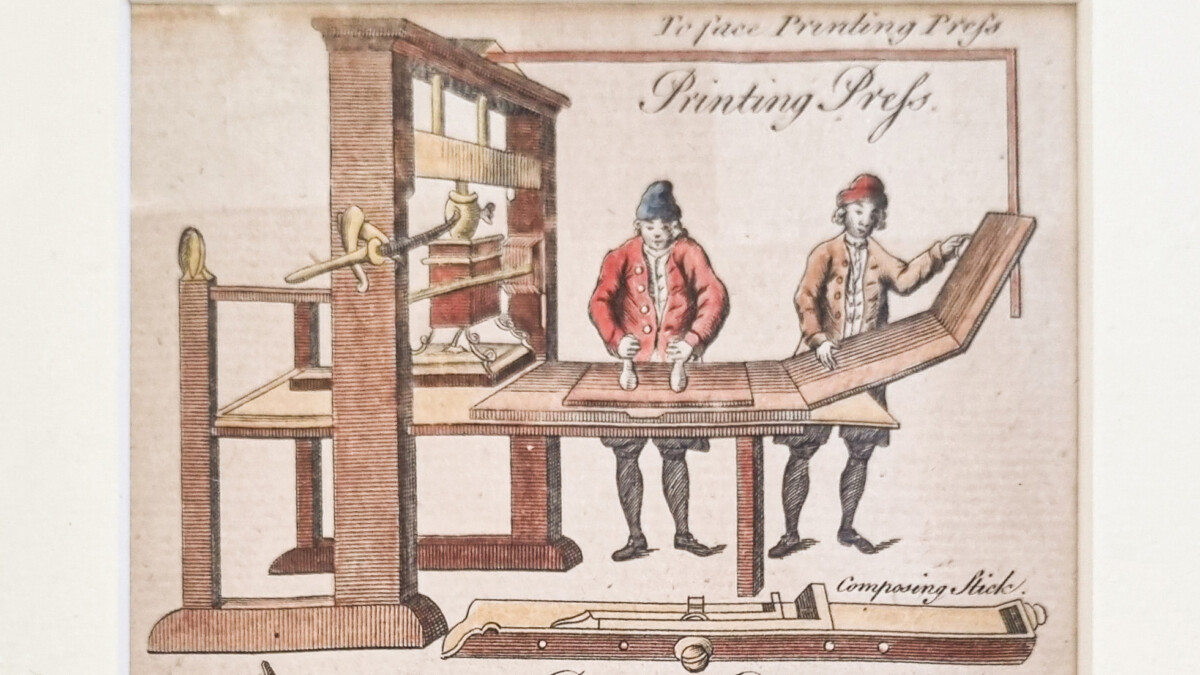EOTO 1 Analysis
I was deeply intrigued by the invention of the printing press and how it changed the world. Here’s what I learned:
The way we intake and share our knowledge and thinking today owes a lot to the groundbreaking invention from the 15th century; the printing press. Prior to its invention, books were slowly, painstakingly handwritten, which made them very expensive and rare. This made access to written knowledge a hot commodity that was kept protected by the wealthy elite who could afford literature. Further dividing how literacy could be enjoyed between demographics.
Printed books were not well accepted at first, because handwritten pieces were seen as a status symbol by the elites, so giving the lower-class access to these ways was not top priority. They wanted to keep the exclusivity of books by not letting them become affordable and accessible. Therefore, the printing press was not accepted by the wealthy folk; instead, it was taken advantage of by the poor. Suddenly, the less fortunate were able to be exposed to education and information through reading that was once only available to the rich. Society was now able to become more educated thanks to this invention.
Johannes Gutenberg developed the printing press in Germany in the 1400’s. One of the first and most notable works of the early printing press was the 42-line Bible. This piece was proof of the power of mass production during this time and made it truly superior to any other form.
The effects of the printing press are still true to this day. The press laid groundwork for today’s publishing ways. More people gained a love for reading due to this invention, turning literature mainstream and encouraging more people to gain and share knowledge. Ultimately, the invention changed society and communication for the centuries to come. It has had a truly lasting impact on the world.


No comments:
Post a Comment